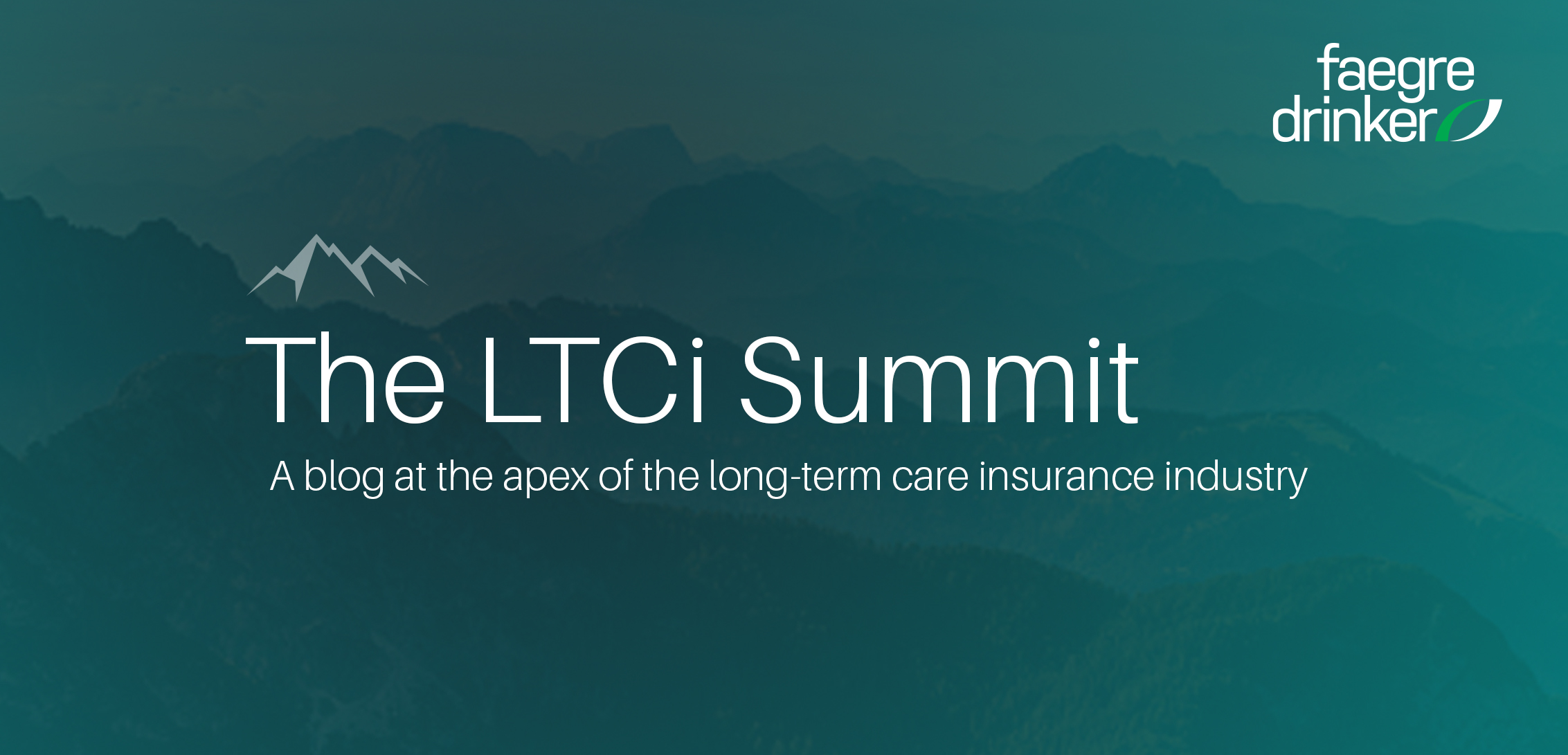There is a possibility that the structural and financial costs of caring for elderly Americans will become the issue that overwhelms all others in importance in the coming decades. Among the myriad issues and problems facing the United States at present, many politicians and policymakers have focused on issues that appear more immediate. As they do, however, the United States grows older and more infirm, all while birth rates fell to 1.73 births per female in 2018 and net immigration has fallen to the lowest levels this decade. Given the aging baby boomer generation, the current scenario has all of the makings of a serious demographic crisis. Among an aging population, dementia has become a very prevalent, very difficult, and very expensive illness that many confront, and so far little progress has been made on a cure. Indeed, The Economist, in its August 27, 2020 edition, published a special report on dementia that included the following statistics:
Category: Regulatory/Compliance
Catching up on the NAIC Data Security Model Law, Part 2
In this hectic year, insurers shouldn’t lose track of the National Association of Insurance Commissioners’ standards for data security. Which states have adopted the NAIC Model Law, and what approach has each state taken? Insurers should give careful consideration to the complex differences from state to state when it comes to data protection and reporting cybersecurity events.
Continue reading “Catching up on the NAIC Data Security Model Law, Part 2”
The Future of Wellness Programs Offered by Long-Term Care Insurers
Companies are searching for solutions to the increasing demand for next-generation elder care solutions. As chronic conditions like Alzheimer’s Disease and other forms of dementia increase in the elder population, the necessity for in-home care rises. Insurers finding new ways to meet these needs face hurdles in state regulations on insurance rebating and the tax qualified status of wellness policies. The insurance community is keeping a close eye on potential overhaul of anti-rebating provisions and support for programs intended to allow those in need of long-term care to remain at home.
Continue reading “The Future of Wellness Programs Offered by Long-Term Care Insurers”
NAIC’s Artificial Intelligence Working Group Adopts Principles for AI
On June 30, the NAIC’s Artificial Intelligence Working Group approved principles that call on insurers and others using AI to take proactive steps to avoid proxy discrimination against protected classes. While the principles will not have the effect of law, they are expected to serve as a road map for future regulatory workstreams.
Continue reading “NAIC’s Artificial Intelligence Working Group Adopts Principles for AI”
Florida Bill Restricting Life Insurers’ Use of Genetic Information Signed by Governor DeSantis
Florida has enacted House Bill 1189, which prohibits life and long-term care insurers from canceling, limiting, or denying coverage or adjusting premium rates based on genetic information.
As we previously reported, the bill amends Florida Statute 627.4301, which currently prohibits health insurers’ use of genetic information for insurance purposes. As amended, the statute removes former carve-outs for life, disability, and long-term care insurers, but certain carve-outs remain, such as those for accident-only policies, hospital indemnity or fixed indemnity policies, dental policies, and vision policies.
Regulators Continue to Voice Concerns on Credit Scores
Concerns over the use of credit history in the insurance industry have been on regulators’ radar for some time, and economic uncertainty and increasingly widespread calls to address income inequality and systemic racial discrimination have made the issue all the more timely. Amid this backdrop, Washington Insurance Commissioner Mike Kreidler has asked the state legislature to introduce legislation to amend current law in order to discontinue the use of credit-based insurance scores, which he calls unfair and discriminatory.
Continue reading “Regulators Continue to Voice Concerns on Credit Scores”
Catching up on the NAIC Data Security Model Law
In October 2017, the NAIC adopted its Insurance Data Security Model Law and released it to the states for legislative consideration. The purpose of the Model is to “establish standards for data security and standards for the investigation and notification to the Commissioner of a Cybersecurity Event applicable to Licensees.” In this alert, we briefly outline the requirements of the Model and provide an update on the status of the Model among the states and information on compliance effective dates. We will continue to monitor these issues.
Continue reading “Catching up on the NAIC Data Security Model Law”
LTC Rate Increases: Exploring Alternatives
As issues surrounding the cost of long-term care for Americans becomes the focus of the industry, premium rate increases have historically been necessary to maintain the financial integrity of most blocks of stand-alone long-term care insurance (LTCI) business. In conjunction with those rate increases, insurers have offered (and regulators have approved) an evolving menu of rate increase mitigation options for policyholders who do not wish to or otherwise cannot afford to pay the increased rate. Recently, we have seen new and innovative alternatives proposed by industry participants. There is a growing recognition that insureds should be educated about the nature of their existing coverage and presented with a variety of options in the alternative to paying the approved rate increase amount. In the past few months alone, insurers are offering, and regulators are approving (and sometimes even requesting), an even wider variety of options, such as modifying existing coverage, reducing available benefit, or taking a reduced paid-up policy, policy buyouts and even “hybrid” policy buyouts.
Continue reading “LTC Rate Increases: Exploring Alternatives”


